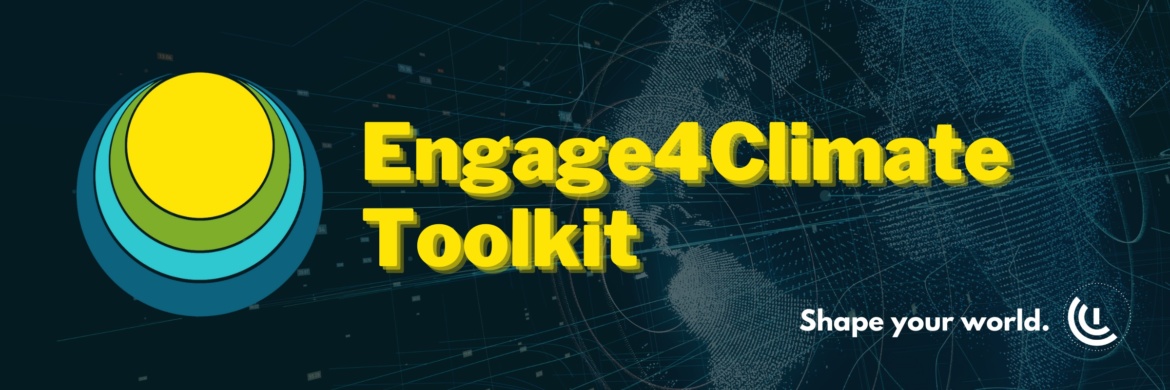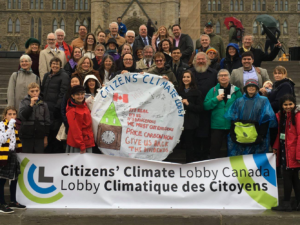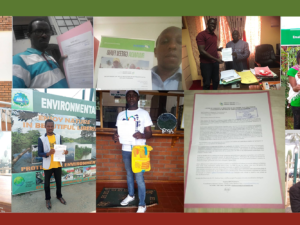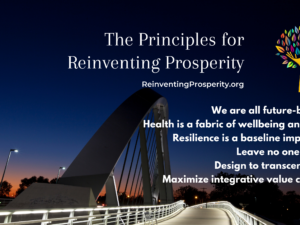
To mark Earth Day 2022, we launched an updated Engage4Climate Toolkit.
Citizens’ Climate International recognizes that 50 years after the Stockholm Conference and 30 years after the Rio Earth Summit, we need society-wide mobilization for a better future, more than ever before.
Extreme events that qualify as disasters are getting worse and multiplying. The new United Nations Global Assessment Report on Disaster Risk Reduction finds:
“Human action is creating greater and more dangerous risk, and pushing the planet towards existential and ecosystem limits. Risk reduction needs to be at the core of action to accelerate climate change action and achieve the SDGs.”
If current trends are not addressed in significant and comprehensive ways, we will be facing 560 disasters per year (1.53 disasters every day) by 2030. Escalating and compouding risk of major shock events degrades the prospects for overall human security, and threatens to put sustainable wellbeing out of reach for most of the world.
Our view, and our experience, is that everyone’s chances of success, including governments and industry, are enhanced when the design of our world is shaped by the needs and aspirations of all people.
The Engage4Climate Toolkit provides people in any circumstance straightforward, flexible guidance on organizing meetings of stakeholders, including across different perspectives and levels of experience, to discuss and address climate challenges. It provides meeting templates, an outline of 20-year future visioning and “back-casting” exercises, and ways to report findings to decision-makers.
In addition to a new interactive interface, the Toolkit now includes a series of proposed Experiential Education Events and an expanded Resource Library, which will be updated and further expanded over time. These new materials expand the space for creative event planning and content delivery, and for substantive consultation with stakeholders.
The Toolkit also provides a general COVID safety reference list of precautions event organizers should take, if they are asking people to gather in-person, to limit the risk of transmission. If you are in doubt as to how to provide a low-risk meeting environment, please refer to official guidance from the World Health Organization or your national public health authorities. Our suggestion is to always do more than is formally required, to add one or more additional layers of risk reduction.
As the impacts of climate disruption proliferate, and become part of our everyday lives, policy-makers and investors are increasingly looking to people in communities to provide local leadership and vision for mobilization of a climate-smart future economy. We know open civic spaces are critical for enhancing information flows and minimizing preventable harm, and that these must be performance standards for climate-smart finance and investment.









